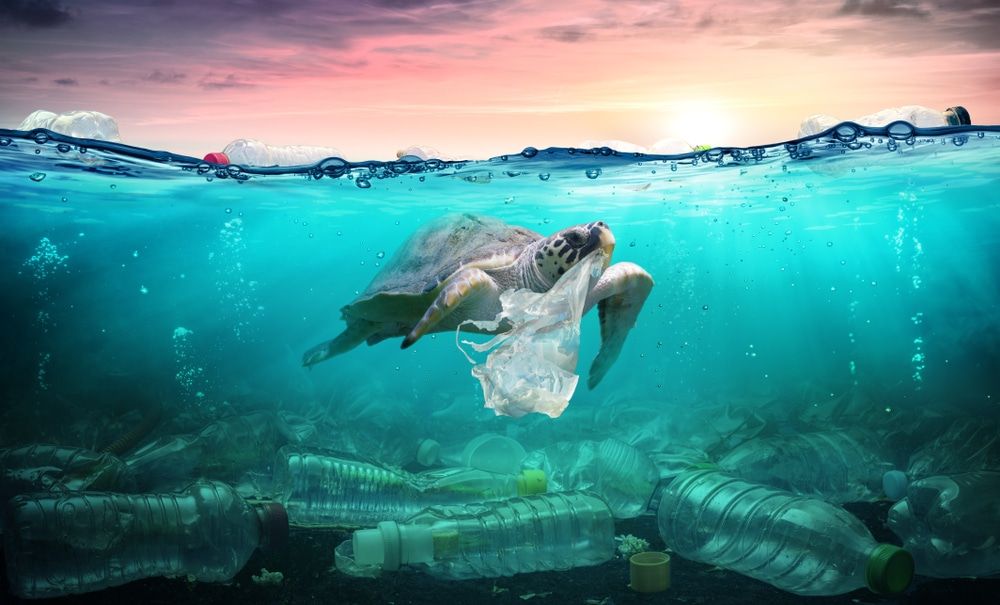European Union Bans Export of Plastic Waste to Developing Countries
Plastic pollution has emerged as a gigantic problem for the planet and all its inhabitants. While developed countries have been shipping off their plastic waste to poor nations, the European Union has announced new rules for plastic waste consignments – including bans on the export of plastic waste to developing countries – that is to take effect on January 1 as part of the bloc’s Circular Economy Action Plan and European Green Deal.
The modifications of the EU’s 2006 Waste Shipment Regulation will be applied to exports, imports, and intra-EU consignments of plastic waste. Numerous shipments to and from the EU’s 27 member states will be required to a “prior notification and consent procedure.”
This is huge. New rules will require trash importers and exporters to *agree* on how to handle hazardous shipments. https://t.co/BNZGIgb92O
— Rachel Cernansky (@rachelcernansky) December 23, 2020
Beginning next year, EU members may no longer export plastic waste that is dangerous or hard to recycle to countries that are not a part of the Organization for Economic Cooperation and Development (OECD), and the export of clean, non-hazardous waste to non-OECD nations will only be permitted under definite circumstances put down by the importer.
When plastics are exported from one country to another they can bring with them a wide range of hazardous chemicals. Improper storage and treatment can later release these chemicals into the local environment, and burning can even generate new hazardous chemicals.
Explained Kevin Brigden, senior scientist of Greenpeace Research Laboratories.
The move comes as a result of a 2019 conference, where 187 countries decided to add restrictions on plastics to a 1989 United Nations treaty – a pact that was commended by public health and environmentalists. According to the European Commission, by banning the export outside the OECD of plastic waste that is difficult to recycle, the EU was truly going further than the requirements of the Basel Convention.

European Union bans the export of plastic waste to developing countries | Image: AZoCleantech
These new rules indicate that the EU is taking responsibility for the waste it generates – which is a significant breakthrough in fighting plastic pollution, transitioning fluctuating to a circular economy, and achieving the aims of the European Green Deal.
It is also noticeable that this move follows China’s 2018 ban on plastic imports and statements from environmentalists that waste was ending up in other Asian countries, such as Malaysia, and ultimately was being dumped into the oceans. Reportedly, last year the E.U. exported 1.5 million tons of plastic waste, mostly to Turkey and Asian countries such as Malaysia and Indonesia.
Heng Kiah Chun, a Greenpeace Malaysia campaigner, said,
The illegal dumping of plastic waste from over 19 countries worldwide has left an indelible mark on Malaysia and other countries in Southeast Asia. Aside from the ongoing Covid-19 pandemic, communities in Selangor and Kedah have another invisible enemy to face—chemical contaminants that remain in our environment with the possibility of entering our food chain.
Although the new EU paradigm for plastic waste consignments is designed to help stop richer countries from exploiting poorer countries, demands are still rising worldwide for more practical and impactful efforts to eliminate the dominance of plastic and subsequently bring to an end to the non-biodegradable material altogether.
Biodegradable plastic production is not an eco-friendly solution either; while warning against such faux alternatives, environmentalists continue to push for banning single-use plastic products, creating “robust reuse systems,” and pursuing a circular economy for the sake of the planet.


